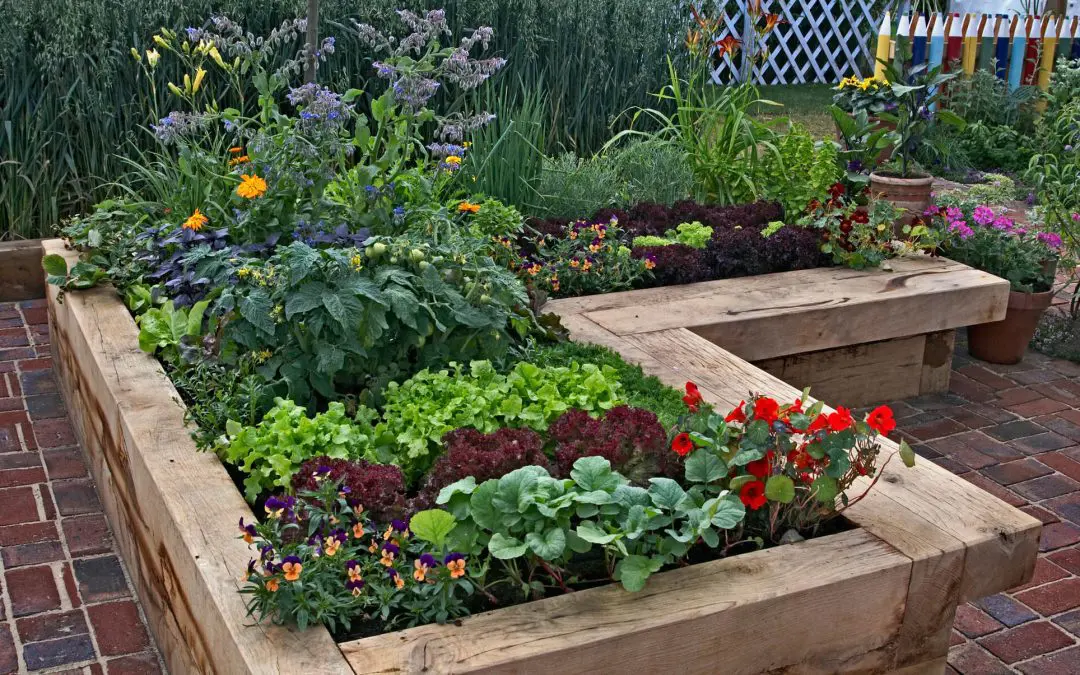Summer can be a challenging season for gardeners, with intense heat, long days, and often limited water supplies. However, with a bit of planning and some strategic care, your garden can thrive even in the hottest months. Here are some essential tips to help your garden survive summer.
Water Wisely to Help Your Garden Survive Summer
Water is crucial during summer, but it’s important to use it efficiently. Water your garden early in the morning or late in the evening when temperatures are cooler and evaporation is minimized. Deep, infrequent watering is better than frequent, shallow watering because it encourages roots to grow deeper into the soil, making plants more drought-resistant.
Mulch for Moisture
Mulching is a simple but effective way to retain soil moisture, regulate soil temperature, and suppress weeds. Apply a thick layer of organic mulch around your plants, such as straw, wood chips, or compost. This will help keep the soil cool and reduce the need for frequent watering.
Choose Heat-Tolerant Plants
Selecting plants well-suited to your local climate can make a big difference in how well your garden withstands summer heat. Opt for heat-tolerant varieties and native plants that are adapted to your region’s conditions. These plants are more likely to thrive with less water and care.
Provide Shade to Help Your Garden Survive Summer
Some plants, especially those that are young or tender, may benefit from some sun protection. Use shade cloth, row covers, or even strategically placed garden umbrellas to provide temporary shade during the hottest part of the day. This can prevent sunburn and reduce stress on your plants.
Improve Soil Health
Healthy soil is the foundation of a resilient garden. Enrich your soil with organic matter like compost and well-rotted manure to improve its structure and water-holding capacity. Healthy soil retains moisture better and provides essential nutrients to your plants, helping them cope with heat stress.
Regular Maintenance
Keep an eye on your garden for signs of stress, such as wilting, yellowing leaves, or pest infestations. Regularly remove dead or diseased plant material to prevent the spread of disease. Weeding is also crucial, as weeds compete with your plants for water and nutrients.
Smart Fertilization Will Help Your Garden Survive Summer
Fertilizing your garden can boost plant health, but it’s important to do it wisely during the summer. Over-fertilizing can cause plants to grow too quickly, making them more vulnerable to heat stress. Use a balanced, slow-release fertilizer to provide steady nutrition without overloading your plants.
Timely Harvest
Harvesting vegetables and fruits as soon as they ripen can help reduce stress on the plants. Overripe produce left on the plant can draw more pests and diseases, so regular harvesting keeps your garden healthier.
Stay Vigilant
Finally, stay vigilant and adaptable. Each garden is unique, and conditions can change rapidly during the summer. Monitor weather forecasts, adjust your watering schedule as needed, and be ready to provide extra care during heatwaves or dry spells.
By following these tips and staying attentive to your garden’s needs, you can help your plants survive and thrive through the summer.
FAQs
How often should I water my garden during a heatwave?
During a heatwave, you may need to water your garden daily, especially for container plants and young seedlings. Ensure the water penetrates deeply into the soil to reach the plant roots. Early morning is the best time to water to minimize evaporation and fungal growth.
Should I prune my plants during summer?
Light pruning can help improve air circulation and reduce pest problems, but avoid heavy pruning during extreme heat as it can stress plants. Remove dead or diseased branches and shape plants to ensure good airflow and light penetration.
What are some drought-tolerant vegetables I can plant?
Drought-tolerant vegetables include tomatoes, peppers, eggplants, okra, sweet potatoes, and beans. These plants are more likely to thrive with limited water and are well-suited to hot, dry conditions.
Can I still plant new seeds or transplants during summer?
Yes, you can plant new seeds or transplants in summer, but it requires extra care. Choose heat-tolerant varieties and be prepared to water them more frequently until they establish strong root systems. Planting in the late afternoon or evening can reduce transplant shock.
Inspect Co. LLC offers inspections to homebuyers and sellers in North and South Carolina. Contact us to schedule an appointment for our services.

